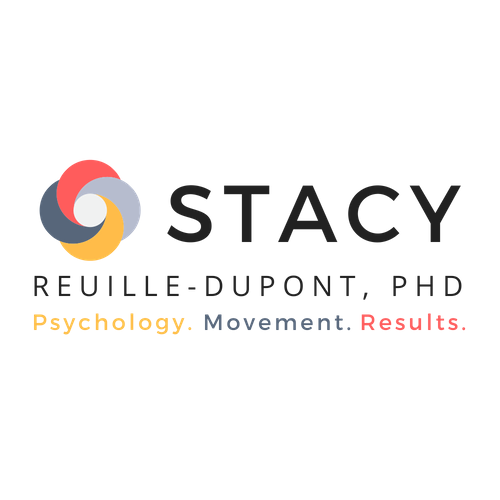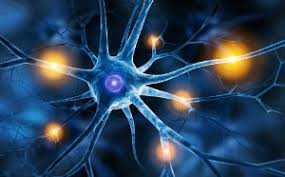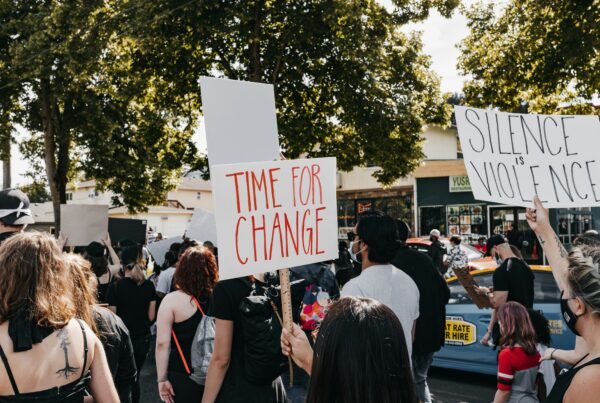Pain is bi-directional it runs from the body to the mind or the mind to the body. We can interrupt these signals and you will not feel as much or any pain. In a meta-analysis of studies examining how our brains register pain Apkarian, Bushness, Treede, and Zubieta (2004) found evidence for using distraction as a non-medical pain management treatment. Participants in the studies reviewed had decreased rates of pain when distracted in a variety of activities (activities were dependent on study performed).
If you are a person who lives with chronic pain what methods have you employed to help yourself shift perspective, accept, and create a life that meets your needs now? So many who experience chronic pain feel dejected, disappointed, and angered when medical treatments fail, and they are unable to reduce their pain with pharmaceuticals. Pills are estimated to be about 40% effective with pain states (Turk and Winter, 2014). They are miracles for certain types of pain and negligible for others. If you are someone who has hit a wall with medical treatments, are tired of the side effects (drowsiness, lack of engagement, constipation, stomach/digestive issues, brain fog/cognitive decline) it may be time to look into options for non-medical pain management supports.
Many find relief using a combination of treatment models, acceptance, and perception change. Psychological treatments can be helpful in these areas. They can support the medical prescriptions while supporting behavioral changes, processing the grief and loss the pain has created, and help build a new paradigm for successful living with the physical changes.



 Twitter
Twitter Facebook
Facebook Linkedin
Linkedin






